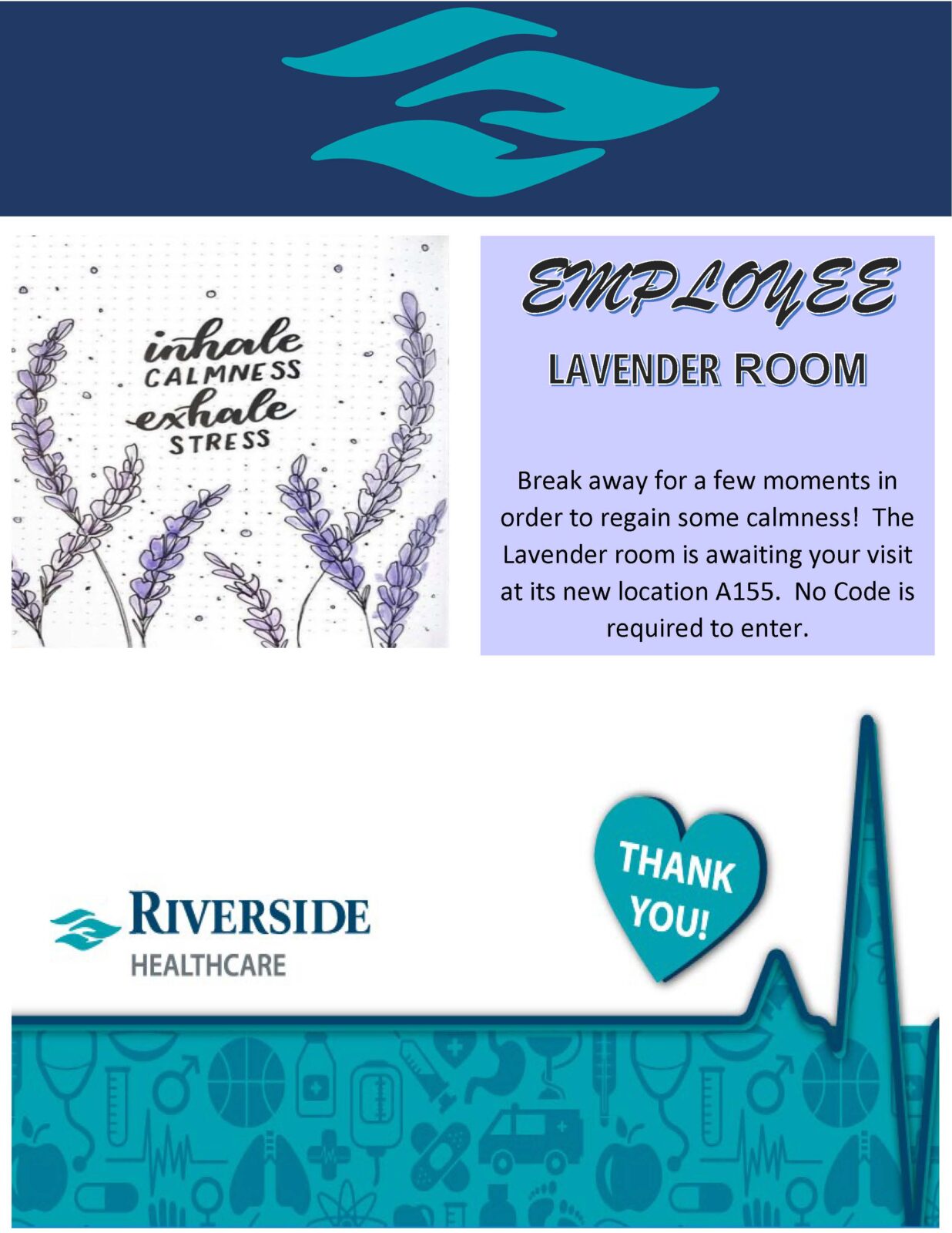Well in Mind: Weekly Minute
6 Simple Steps for Building a Culture of Compassion
1) MicrocompassionsThe opposite of microaggressions is microcompassions. These are actions we can take every day, every moment. Microcompassions happen any time we’re moving from me to we, any time we’re lifting someone up, any time we’re making connections. These are things we can do to consciously help someone else’s light shine brighter.
2) Smiling It’s not hard. When we’re walking the dog. When we greet each other in a meeting. When we’re in line at the grocery store. Just smile. Say hello.
3) ComplimentsThis follows the smile. When we see someone, we can first smile at them. Then, we can notice something good about them. “Oh, I like your earrings.” “Your shoes are cool.” “I like what you said in the meeting last week.” “I always appreciate seeing you.”
4) Inclusion In a meeting we often hear only a few voices, while others remain quiet. We can bring the quiet ones into the fold. “Jane, I’d really like to hear what you have to say.” Or, if you’re getting together with friends, is there someone who often isn’t included who would like to be invited?
5) Listening Just listen, with the intention of deeply understanding the other person. Not thinking about your own story. Not waiting to interject. What are they trying to say, and why?
6) Curiosity What question can you ask that will light someone up? Get curious. Make it a point to remember. “Sanjay, how’s that patio project coming?” “Lisa, what’s your puppy up to this week?” “Colin, have you been surfing lately?” And my favorites: “What’s most alive for you right now?” “What are you most grateful for today?”Compassion doesn’t have to be a big act. We can create a culture of compassion in our workplace, in our family, in our neighborhood, with simple gestures.
Well In Mind is here for you. Call 815-933-2240 to schedule an appointment or to ask about your EAP benefits.


